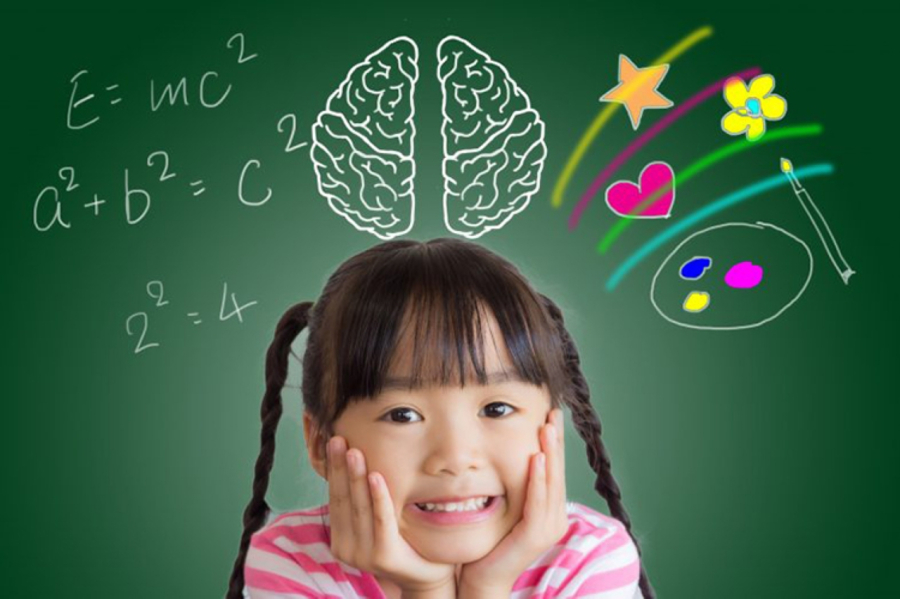The Three Golden Stages of Child Brain Development
According to research conducted by Professor Richard Weissbourd, a child behavior scientist at Harvard University, there are three crucial stages in a child’s brain development: 0-3 years old, 5-7 years old, and 8-10 years old.
1. The First Stage: 0-3 Years Old
Professor Richard suggests that IQ is dependent on the number of neural connections in the brain. The neural connections in a newborn baby’s brain will change rapidly between birth and the age of two.
Hundreds of new neural connections are formed every second and minute, leading to a quick development of the brain and an increased curiosity about the world, resulting in enhanced intelligence.

Children at this stage are curious about the world and eager to explore it. (Illustrative image)
Additionally, a child’s language, visual, and auditory skills are also established during this period. Thus, the first three years are the most important for parents to nurture their child’s brain, physical, and mental development.
Young children are incredibly curious about their surroundings and eager to discover new things. They are also natural imitators, mirroring the behaviors, gestures, and words of their parents and other adults. These actions and words are then remembered and influence the child’s future behavior.
At this stage, a child’s brain primarily functions by embracing new things, repeating them, and then storing them in memory. Notably, children at this age can remember things up to four times faster than adults.
Therefore, it is essential for parents to provide a nurturing environment and be mindful of their own behaviors and words to ensure a positive influence on their children.
2. The Second Stage: 5-7 Years Old
This is the second golden stage for IQ development. By this age, a child’s personality starts to become more apparent, making it crucial for parents to focus on shaping and molding their child’s character.
Children at this age are like sponges, absorbing and learning new things at a rapid pace. However, they may not always distinguish between good and bad, so it’s important for parents to monitor their children closely and correct any negative behaviors promptly.

Children at this age develop a keen interest in riddles and puzzles. (Illustrative image)
Physical punishment and scolding are not recommended during this stage as children are more susceptible to psychological distress. Instead, parents should patiently explain and guide their children, making gradual adjustments to their behavior.
It is advisable for parents to provide their children with age-appropriate toys and games that stimulate their cognitive abilities. Additionally, this is the perfect time to introduce riddles and puzzles, which can help develop their critical thinking and reasoning skills.
Parents should also take their children to parks, zoos, intellectual amusement parks, and public places to expose them to new experiences and teach them how to interact and communicate with others.
3. The Third Stage: 8-10 Years Old
According to Professor Richard’s research, neural connections related to vision, hearing, language, and cognition mostly develop when a child is one year old and slow down after the age of twelve. Therefore, the period from eight to ten years old is crucial for IQ development.
During this stage, children become less curious about the world, tend to lose interest in learning, and may exhibit rebellious and defiant behaviors, often arguing with their parents. They are also highly competitive and always seeking ways to assert themselves, even if it means doing something wrong.
This is a critical period in shaping their future personalities, so parents need to be more involved and attentive. While academic learning cannot be neglected, parents should also create a balanced environment where children can learn through play, making the process more enjoyable and conducive to better absorption.



































